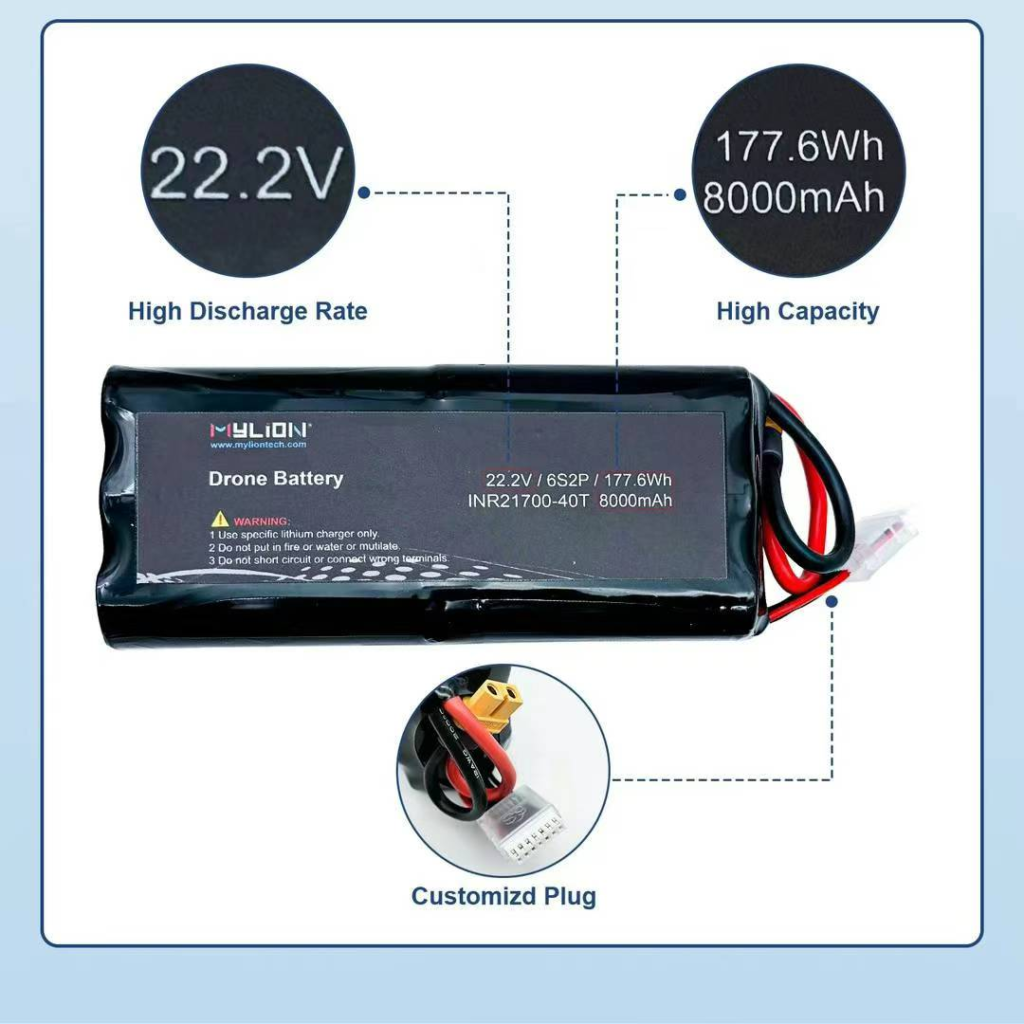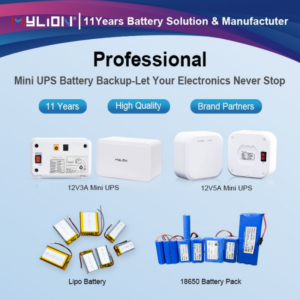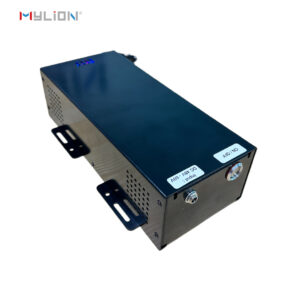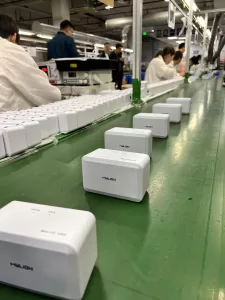As a widely used power source option in modern electronic devices, lithium batteries mainly have two common types: LiPo (lithium polymer battery) and 18650 battery pack (a form of lithium-ion battery).


Although they are both based on the principle of lithium electrochemistry, they have obvious differences in structure, performance and application scenarios. This article will introduce LiPo battery in detail and compare its advantages, disadvantages and application scenarios with 18650 battery packs.
Ⅰ.What is LiPo?
LiPo is the abbreviation of lithium polymer battery and belongs to the lithium battery family. Unlike traditional cylindrical lithium-ion battery, LiPo is usually flat or pouch-shaped, so it’s more flexible in design and packaging. Its main features include:

1. Light weight and small size: The flexible packaging of LiPo makes them lighter and thinner. They are usually lighter than cylindrical 18650 battery with the same capacity.
2. High energy density: Compared with traditional lithium-ion battery, LiPo can store more energy per unit volume, so they perform well in devices that require high energy density.
3. Strong plasticity: LiPo can be made into a variety of shapes and sizes, which has significant advantages in small electronic devices with limited space.
4. Excellent discharge performance: LiPo can provide instantaneous output of high current, which makes them very suitable for devices that require high power output, such as drones and RC models.
5. Better safety: Due to its solid electrolyte design, LiPo has a lower risk of explosion when overcharged or punctured than 18650 battery with liquid electrolytes, although strict management and protection are still required.
Ⅱ. What is 18650 battery pack?
18650 battery are a standardized cylindrical lithium-ion battery with a diameter of 18 mm and a length of 65 mm. This battery is widely used in large appliances such as electric vehicles, power tools, and laptops. Its features include:

1. Mature technology: 18650 battery are one of the earliest widely used lithium battery. After years of optimization and development, the technology is very mature and reliable.
2. High energy density: Although not as compact as LiPo, 18650 battery still have high energy density per unit volume and unit weight, suitable for devices with continuous power supply.
3. Low cost: Due to the mature production technology and complete supply chain of 18650 battery, the manufacturing cost is relatively low, which makes it advantageous in occasions where a large number of battery are required, such as electric vehicle battery packs.
4. Long life: 18650 battery generally have a long charge and discharge cycle life, and their performance decays relatively slowly after hundreds of cycles.
5. High voltage output: The nominal voltage of a single 18650 battery is usually 3.7V, and higher voltage and capacity output can be achieved through series or parallel configuration.
Ⅲ. The main difference between LiPo battery and 18650 battery
| Characteristics | LiPo battery pouch | 18650 battery pack |
| Shape | Strong plasticity, various shapes, flexible design | Cylindrical, standardized size |
| Weight | Relatively light, suitable for portable devices | Heavier, larger volume |
| Energy Capacity | Higher energy density | but slightly lower than LiPo |
| Security | Solid electrolyte, relatively high safety | Liquid electrolyte, risk of overheating |
| Cost | Relatively high, strong customization | Low production cost, suitable for mass production |
| Application | Drones, mobile phones, RC models, portable devices | Electric vehicles, power tools, energy storage systems |
Ⅳ. Application
1. Main application scenarios of LiPo battery pouch
– Drones and aircraft models: The light weight, high energy density and high discharge capacity of LiPo battery make them ideal for drones and remote control models.
– Smartphones and portable electronic devices: Due to their small size and flexible shape, LiPo battery are widely used in products such as mobile phones, tablets and smart watches.
– Wearable devices: Lightweight and flexible LiPo is particularly suitable for wearable devices such as smart bracelets and smart glasses.

2. Main application scenarios of 18650 battery packs
– Electric vehicles: 18650 battery are widely used in battery packs for electric vehicles due to their mature technology and low cost.
– Power tools: Long cycle life and stability make 18650 battery a common power source choice for equipment such as power tools and gardening tools.
– Energy storage systems: Large energy storage battery packs often use 18650 battery to achieve large-capacity energy storage through series-parallel configuration.

V. Summary
LiPo battery and 18650 battery packs have their own advantages in their respective application fields. LiPo batteries are widely used in drones, smartphones and other electronic products that require compact designs due to their lightweight, flexible design and high energy density. 18650 battery packs, on the other hand, perform well in electric vehicles, power tools and energy storage systems due to their mature technology, low cost and long life. When choosing a battery type, users need to make a balance and trade-off based on specific application requirements and usage scenarios.






